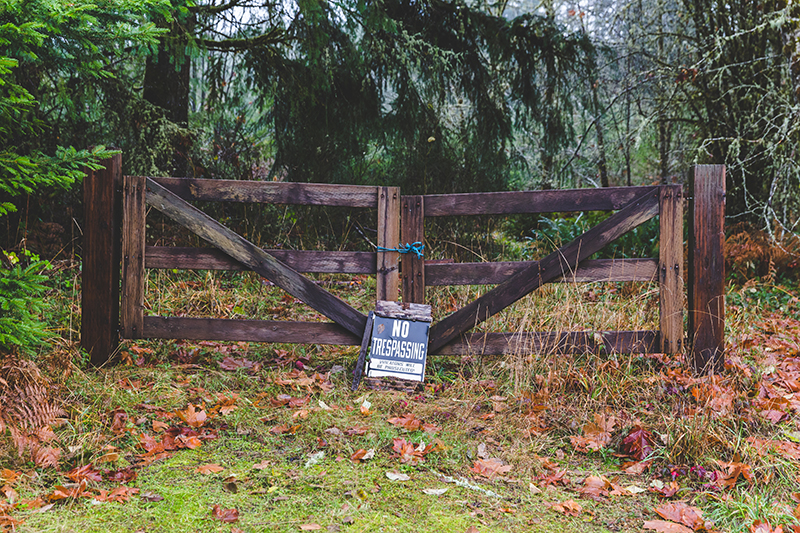The Basics of Premises Liability

The law behind premises liability deals with assigning legal responsibility to landowners. Specifically, it determines whether a landowner is liable for injuries suffered on the land. Landowner liability differs from state to state. However, there are some general principles that are shared by all jurisdictions.
To Whom Does The Law Apply?
These rules of liability apply to anyone who is in possession of a property. Clearly, it is applicable to those who own the land involved in the accident. Yet, many people do not know the laws also apply to renters or temporary occupiers.
A real estate attorney will also point out that there are special rules for landlords. Under the general theory of premises liability a landlord is not liable for injuries occurring on the land. The purpose behind this is to limit liability when a person does not have direct control over the property. It should be noted that personal injury law provides exceptions to this rule.
The Status of the Visitor
Determining liability largely depends on the type of "visitor" that enters the land. An invitee is a person that the owner allows onto the property for business reasons; customers of stores are invitees. Another class of visitor is the licensee who enters the property with the owner's consent. A trespasser is one who goes onto property without any permission.
The Landowner's Responsibilities
Landowners have different obligations depending on the status of the visitor. For invitees, it is assumed that the landowner has taken reasonable steps to make the property safe. This standard may also apply to licensees in some jurisdictions. For trespassers it is the opposite. Landowners do not have to take steps to secure the premises for unknown trespassers.
When a landowner knows of trespassers on his or her land a legal duty does exist. The known trespasser standard requires landowners to give reasonable warnings of dangerous conditions on the land. Landowners who fail to do this may be liable if a trespasser is injured. However, this standard is only applied to artificial conditions on the land. This includes objects such as swimming pools or playground equipment.
Rules for Children
Children that enter the land may be covered by the attractive nuisance doctrine. This is a special rule that protects children who may be attracted to certain conditions on the property. The rule assumes that children are incapable of understanding the dangers associated with the conditions. As such, landowners must take special care to prevent access to conditions that may bring children onto the land. The extent of precautions will depend on the circumstances of the situation.
Legal Assistance With Premises Liability
If you need help with a premises liability issue in Utah contact T.R. Spencer Law Office. A real estate lawyer is ready to help you with all aspects of the case including the personal injury considerations.